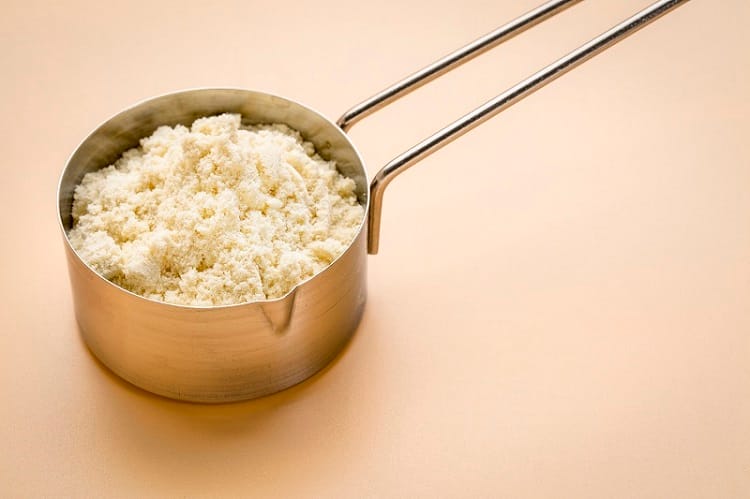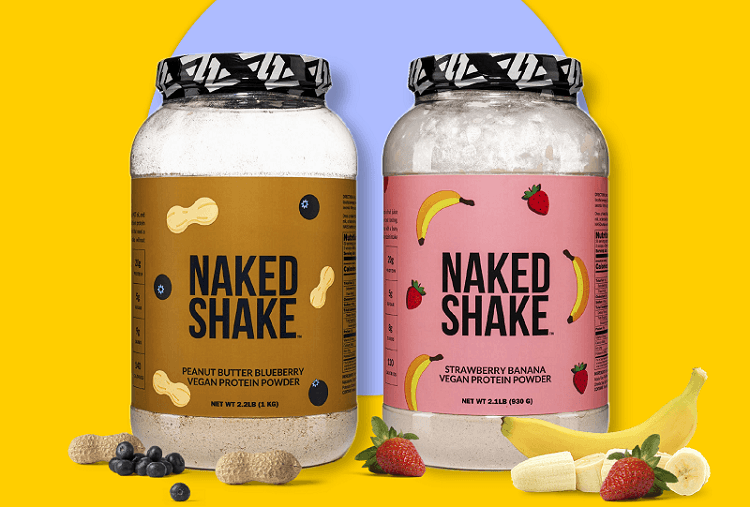Whether you’re involved in the fitness scene, or you prefer to watch from the sidelines, you’ve probably heard the word ‘protein’ thrown around quite a bit. As the protein industry’s popularity continues to grow, there’s no shortage of protein products on the market.
Despite being familiar with the term ‘protein’, many of us don’t know the extent of protein’s importance or how it works. In turn, we often overlook the need for dietary protein.
Let’s discuss the significance of protein and how you can start boosting your own intake.
What Does Protein Do?
Protein is often associated with gym-goers, which leads to the misconception that the macronutrient is only needed if you want to build muscle. This is a harmful myth – and the reality is that we cannot function without protein.
As one of the three major macronutrients, protein plays a vital part in maintaining your health. It is found in every cell and is responsible for many internal functions, including cell repair, immune response, hormone production, and more. It also functions as a source of emergency energy.
Often referred to as the ‘building blocks’ of the body, protein is vital for maintaining the health of your bones, muscles, organs, and just about everything else. Your body needs protein to operate correctly – without the right protein levels, your wellbeing starts to suffer.
How Much Protein Do You Need?

If you’ve never tracked your macros before, you may be at risk of consuming too little (or too much) dietary protein. You may not even notice the first signs of a protein deficiency, which can make you feel weak, unenergized, and prone to illness.
Like many other nutrients, the amount of protein that you need is defined by your goals and your body. Don’t feel tempted to base your protein needs off somebody else’s – instead, use the guide below to calculate your personal protein needs:
For fat loss: 1.3 – 2.0 grams of protein per kilogram bodyweight
For muscle gain: 1.4 – 2.2 grams of protein per kilogram bodyweight
For maintenance: 0.8 – 1.2 grams of protein per kilogram bodyweight
Once you’ve calculated your protein needs, you need to start adding more protein into your diet. This is where protein powder can be a big help.
Are Protein Powders Actually Healthy?
Over the recent years, protein powder has soared in popularity throughout the health and fitness world. Due to a higher demand for these products, supplement brands around the globe have released their own line-ups of protein products.
However, not all protein powders are equal – which poses the question of whether these supplements are truly healthy. The answer? Yes – but it all depends on the ingredients.
If you’ve ever seen protein powders marketed with flavors such as ‘Cookies & Cream’ or ‘Birthday Cake’, make sure to check the ingredients label. While there’s no fault in having a sweet tooth, most of these flavors are full of additives, sweeteners, and preservatives that may damage your health.
Instead, look for a protein powder that contains premium ingredients with no hidden extras. Due to their transparency, protein powders with easy-to-understand, naturally sourced ingredients are some of the healthiest supplements on the market.
By choosing a supplement brand that focuses on the quality of their products, rather than the length of the ingredient list, you can be sure that your protein powder is both healthy and safe.
Ways To Boost Your Protein Intake

Boosting your protein intake is simple, though it may take a bit of experimentation to find what works best for your lifestyle.
Protein powders are very versatile – you can use them in shakes, smoothies, cooking, and baking recipes. Whatever your preferences are, protein supplements are convenient and easy to add to your diet.
Yet, on particularly busy days, you may feel overwhelmed at the thought of cooking a protein-rich meal or making a smoothie from scratch. In turn, it can be easy to ignore your daily protein needs.
For these days when you’re on a time crunch, thankfully there are healthy options like an almost ready-made strawberry banana protein smoothie, like Naked Nutrition’s Naked Shake.
Not only do these protein shake powders provide excellent nutrition, but they’re also the perfect way to make delicious shakes on busy days.
To help you out, here’s a nutritious protein smoothie recipe that only takes seconds to make (with or without a blender!):
Healthy On-The-Go Protein Smoothie Recipe
Ingredients:
- 1 cup unsweetened milk (dairy or plant-based)
- 1/2 cup plain Greek yogurt / plant-based yogurt
- 2 scoops Strawberry Banana Naked Shake
- 1 tbsp. chia seeds
Preparation:
With Blender:
Add the milk and two scoops of Naked Shake to a blender and mix for a few seconds. Add in the yogurt and chia seeds, continue blending until the mixture is thick and fully combined.
Without Blender:
In a large blender bottle, add all the ingredients and seal the lid. Shake well until smooth!


